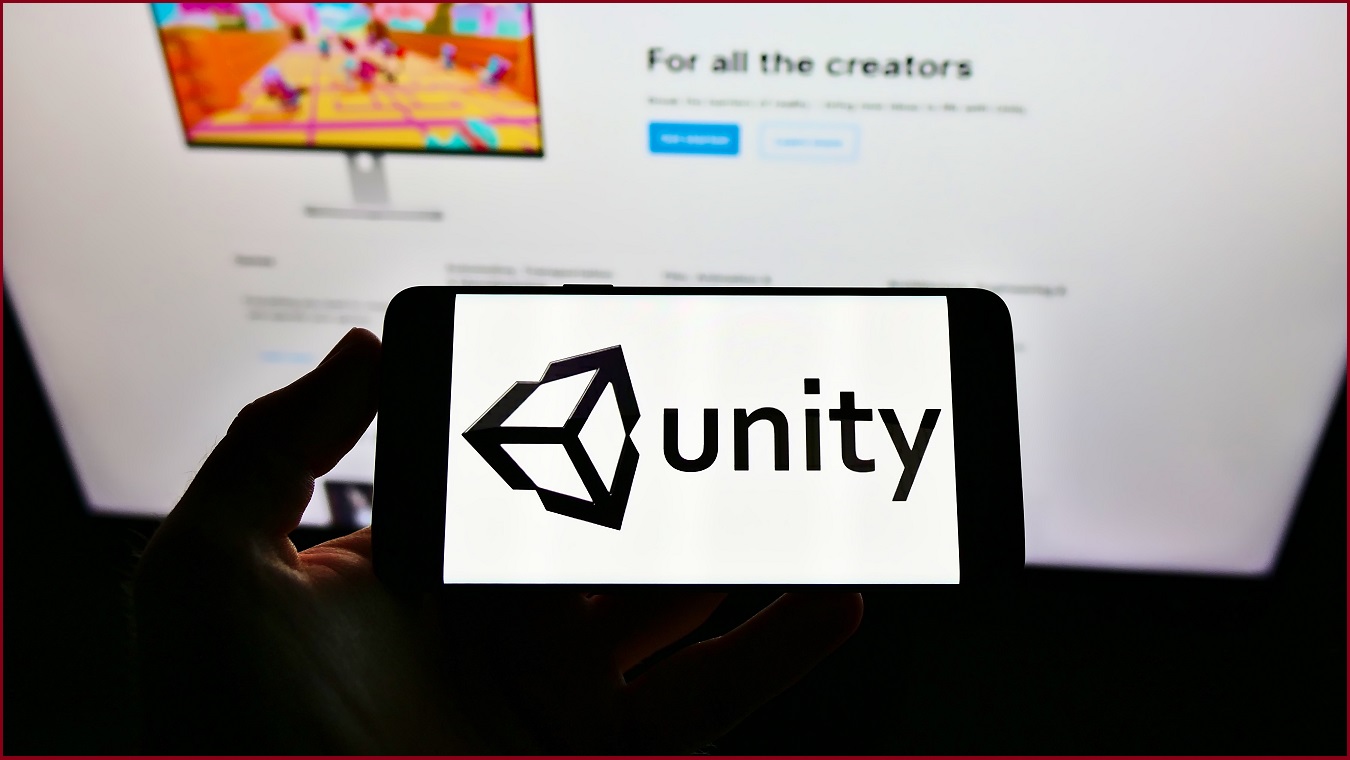Game-development platform Unity is set to walk back aspects of its highly controversial new charging policy after its announcement led to widespread anger, confusion, planned boycotts, and even death threats.
Earlier this month Unity, which owns and licences video-game development tools used by a number of high profile games studios, announced the new Unity Runtime Fee, with developers to be charged a fee every time someone downloads their game.
The new policy, which will come into effect from the start of next year, would have seen developers charged a rate of 20c per install for any game with more than 200,000 installs and which had earned over $US200,000 in revenue in the last year. The fee and thresholds were different for subscribers of Unity’s higher tier services.
“We are introducing a Unity Runtime Fee that is based upon each time a qualifying game is downloaded by an end user,” the Unity announcement said.
“We chose this because each time a game is downloaded, the Unity Runtime is also installed. We also believe that an initial install-based fee allows creators to keep the ongoing financial gains from player engagement, unlike a revenue share.”
The announcement led to widespread concern, confusion and anger from game developers. Concerns centred around how an “install” would be defined, the impact of the fees on freemium games and whether “fraudulent” downloads could lead to developers being overcharged.
The backlash was swift, with several high-profile game developers threatening to boycott the Unity platform.
Among Us developers Innersloth, which uses Unity, said that pulling the popular game from the platform is an option.
“We’re lucky to have the resources that we could swap engines and I see no reason to pay Unity for nothing while we do it,” Innersloth programmer Forest Willard told IGN.
“I’m really hoping they’ll just walk it back, but they should honestly be afraid of how much trust they’re burning with whatever this manoeuvre is.”
Rust 2 developer Facepunch also announced they won’t be making any further games in Unity due to the new fees, while Massive Monster threatened to delete its Unity-made game once the changes are in effect.
The controversy escalated last week when Unity was forced to close its offices in San Francisco and Austin after receiving a “credible” death threat.
Soon after the initial announcement, Unity moved to clarify how it would actually work. The company said that the fee will only apply to “net new installs” on any devices from 1 January 2024 and will not apply to reinstallations, installations by bots, web and streaming games or charity-related installs.
According to Unity, “90 per cent of customers will not be affected by this change”.
This did little to sway opinions on the changes though, and Unity is now reportedly set to walkback some aspects of the new fees.
According to Bloomberg, Unity has told its staff that the company is considering a number of changes to the controversial plan, including the capping of fees to 4 per cent of a game’s revenue for customers making over $US1 million.
The installations counting towards the fees threshold will also not be retroactive, according to the planned changes.
The company is yet to officially announce these steps as “executives are still running them by partners and don’t want to repeat last week’s communications debacle”, according to the Bloomberg report.
Unity did move to apologise for the “confusion and angst” caused by the initial fee announcement, and confirmed that the company will be “making changes”.
“We have heard you,” Unity posted on X.
“We apologise for the confusion and angst the runtime fee policy we announced on Tuesday caused. We are listening, talking to our team members, community, customers and partners, and will be making changes to the policy.
“We will share an update in a couple of days. Thank you for your honest and critical feedback.”










